Perhaps not since the reformation has the church been as divided against itself as it is today. Christians like to label things: republican or democrat, conservative or liberal, Calvinist or Arminian, modern or postmodern; the list is lengthy. Theological scholarship is not much different. To many of these people Marcus Borg was an iconoclastic progressive liberal.
Then there is a large contingent of Christians (not just fundamentalists) who use hate speech as a way to caricature and demonize other Christians who believe different from them. Believing their particular brand of Christianity is “the way, the truth, and the life”, they often oppose others by name calling. To these people Marcus Borg was a heretic.
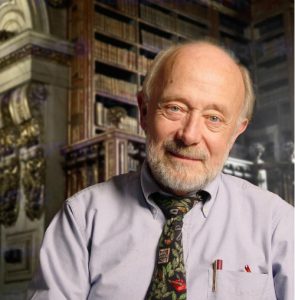
However, existing among the vast and dry desert of opinion and hate was a man who cared more about his intellectual integrity than he did what people thought of him for it. In today’s world theologians are to have all the answers. Not having answers is thought of as theological weakness because it entails uncertainty. Borg understood that questioning was not just necessary, but required for scholars such as himself. What was often perceived as theological weakness was instead spiritual strength. What’s more, his questions did not promote uncertainty, but wisdom.
Perhaps best known for his research on the historical Jesus, Borg’s refusal to settle into complacent irrelevant scholarship by asking provocative questions quickly made him the enemy of his conservative peers. But Borg’s best work had nothing to do with the historicity of Jesus, but with his insights into the Bible, the Church, and culture. So much of what he wrote was a reflection of his own theological journey.
Borg’s Legacy
I did not always agree with Marcus Borg. However, unlike many of my peers, I find it necessary to read those I might disagree with because it makes me a better thinker and Christian. Everyone has something to teach us regardless if we agree with them. There is no greater example of this than Marcus Borg.
Borg set a great example of what it means to be a humble theologian. The intellectual integrity through which he practiced his craft was as rare as it was refreshing. You don’t have to agree with his theology to appreciate his legacy.
Below are a few of my favorite Marcus Borg Quotes:
“Christianity’s goal is not escape from this world. It loves this world and seeks to change it for the better.”
~ Speaking Christian
“When we read Paul, we are reading somebody else’s mail—and unless we know the situation being addressed, his letters can be quite opaque…It is wise to remember that when we are reading letters never intended for us, any problems of understanding are ours and not theirs.”
~ The First Paul
“Salvation Is More About This Life than an Afterlife”
~ Convictions
“…But believing something to be true has nothing to do with whether it is true.”
~ Convictions
Below are a couple of suggested books:



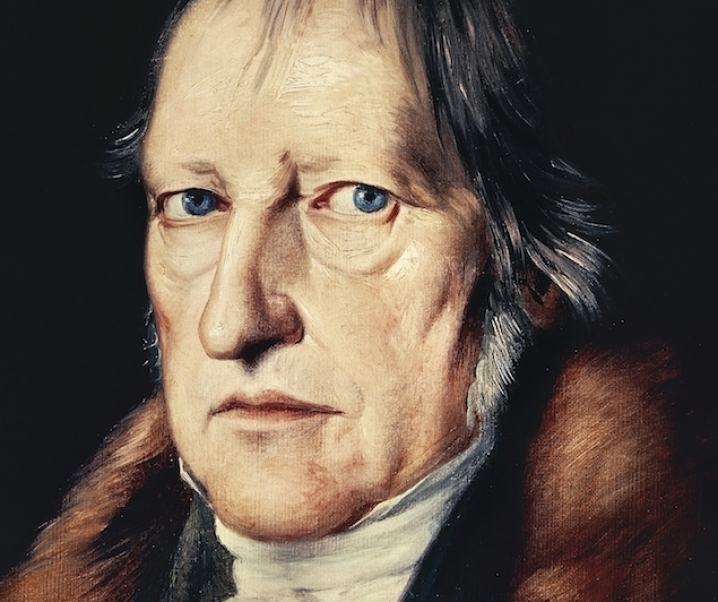

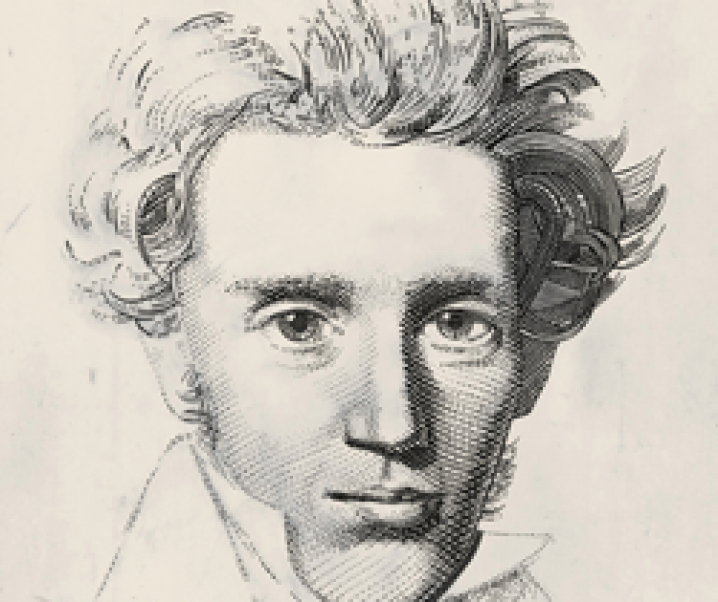
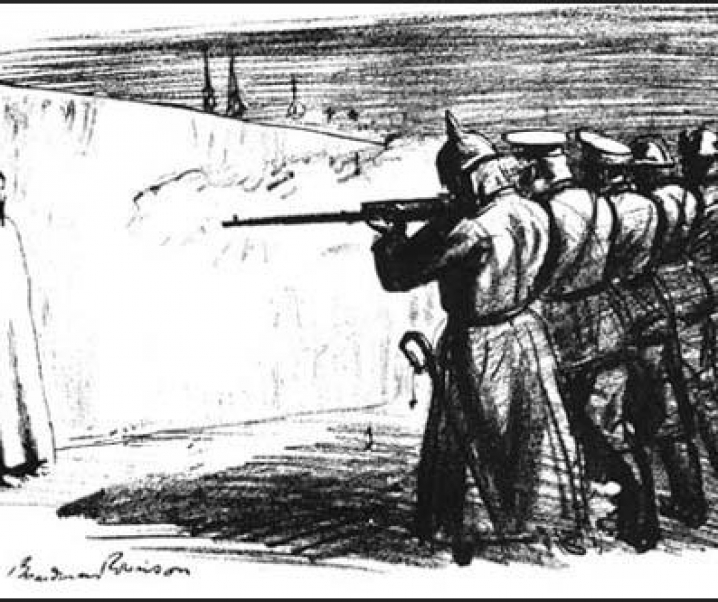
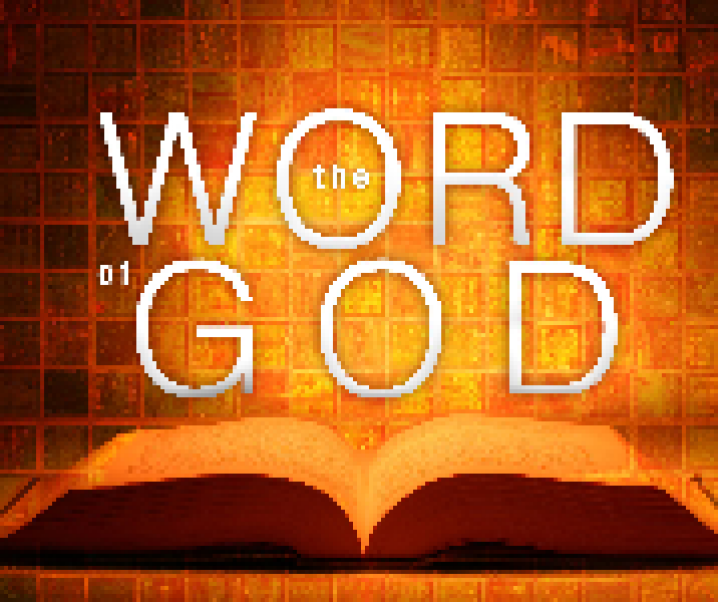



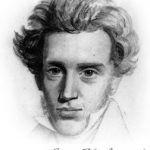
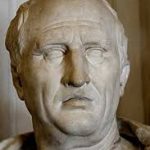




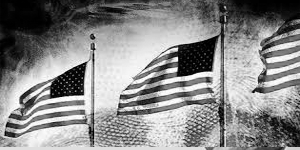
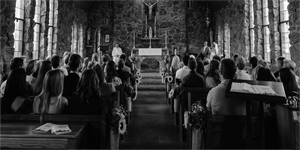

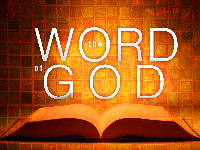




zoritoler imol
December 4, 2023You have noted very interesting points! ps nice site.